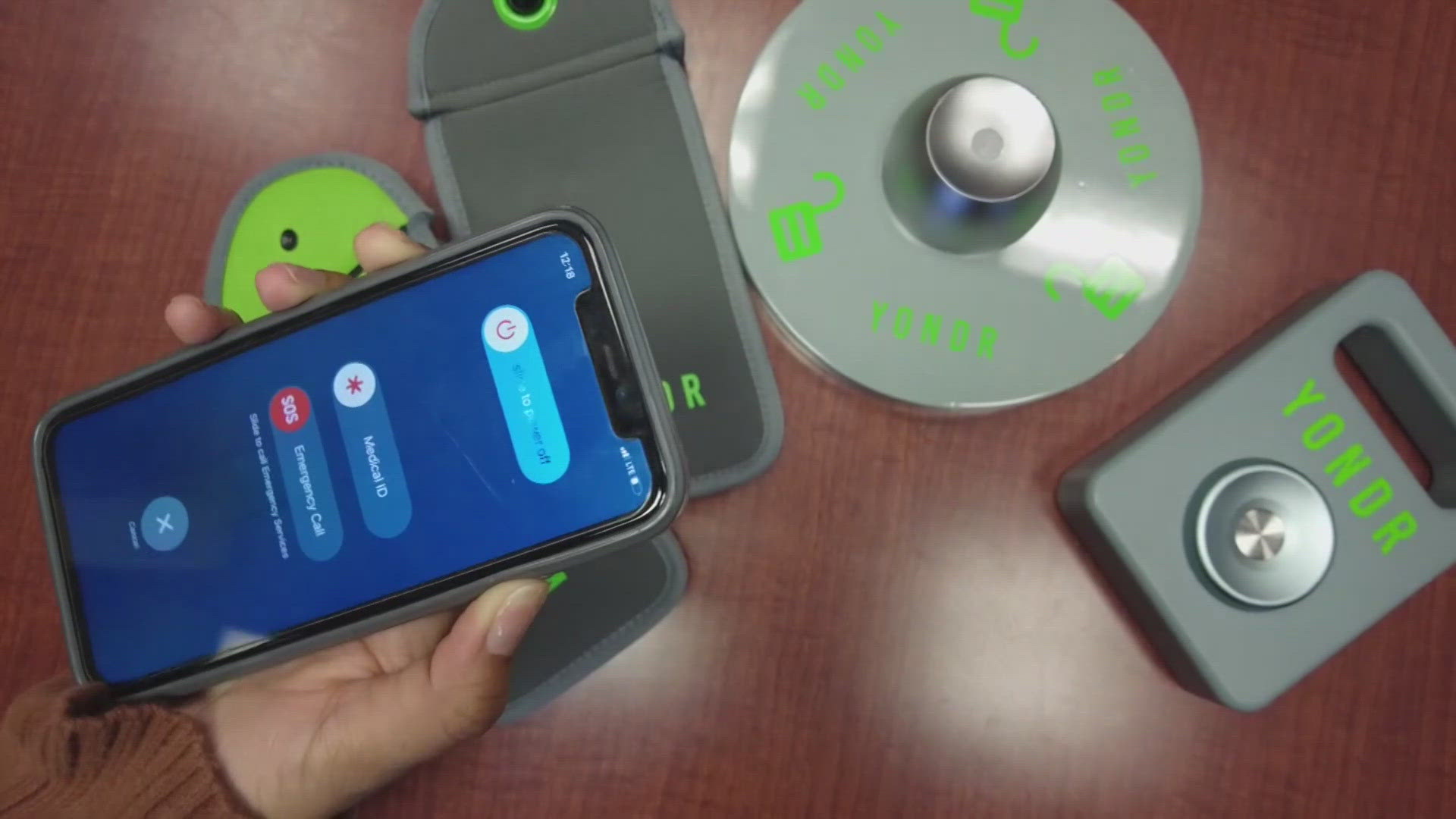KILLEEN, Texas — Today marks the first day of school for Killeen Independent School District, and with it comes several significant changes, including a new phone policy and pay raises for teachers.
As the district's largest school system begins a new academic year, Superintendent Dr. JoAnn Fey spoke about the reasons behind these updates.
Dr. Fey, now entering her second year as superintendent, emphasized her commitment to acknowledging the district's successes and building on them. One of her primary goals is to retain staff and ensure they feel valued. This summer, KISD increased the starting pay for teachers to $58,000 per year.
"It is super nice. It impacts their daily lives. It will impact their retirement lives," Dr. Fey said.
The district also made adjustments to student zoning after a series of community input sessions and opened the new Jimmy Aycock Middle School to address overcrowding at other campuses.
"We had overcrowding at other campuses, and so the rezoning is necessary," Dr. Fey explained.
However, the most talked-about change this summer has been KISD's new cell phone policy. Under the new rules, middle and high school students must place their phones, AirPods, and smartwatches in a locked pouch before entering school. The pouches can only be unlocked when students leave campus, and they must be kept in students' bags or lockers during the school day.
"I'm willing to take a risk," Dr. Fey said when asked about the decision behind the policy. She explained that the policy aims to reduce conflicts, including fighting, bullying, and cyberbullying, within the schools.
"It will definitely minimize conflict in our buildings, kids fighting, kids bullying. Cyberbullying is a huge thing, and it's a real thing," she added.
Dr. Fey noted that complaints from school staff and parents about phone use were a significant factor in implementing the policy. "We feel strongly that there's a way to combat that by just not allowing kids to have access to their phones during the school day," she said.
For Dr. Fey, the core issue is not the phones themselves, but the social impact of how they affect communication and critical thinking among students. "It isn't the phone itself, it's the things that come across the phone through text messaging and social media," she explained.
As for enforcement, students who do not comply with the new rules may face consequences ranging from after-school detention to placement in an alternative school for repeated offenses.

